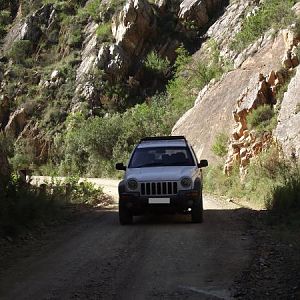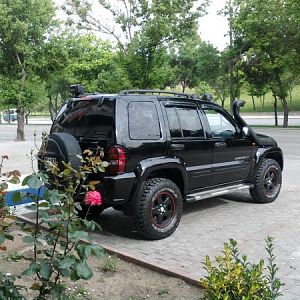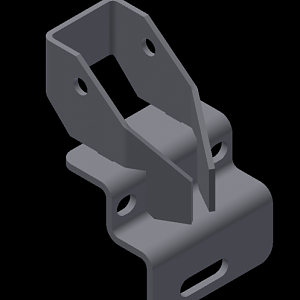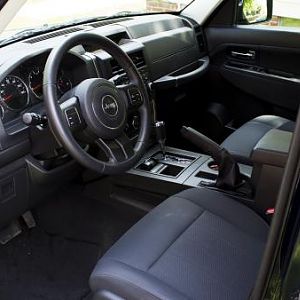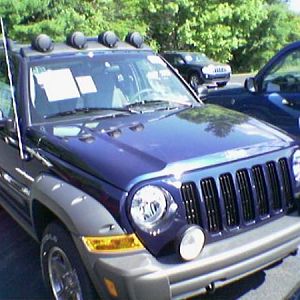relative to gasoline, diesel has more carbon chains in it, is haevier and has more btu,s by vol. in addition to this, the combustion cycle of a diesel will convert more of this heat energy into mechanical energy than a gasser aka more efficent. ill state this part as fact best ive gathered ovr the years... on to the guessing...
not to be confused with total system efficentcy, where gassers debatibly win. this total efficency debate is quite another topic tho so ill leave it at that.
weather or not the more heat being converted to mechanical energy makes up for there being more energy in the fuel or not, thusly running hotter or colder, i dont really know ive heard may arguments on both sides, since there is more energy my other guess is, less fuel in combustion cycle to do the job....
my guess is engine wont generate as much heat, as more heat converts to mechanical energy. the extra energy in the fuel means less in the combustion cycle rather than same ammnt and more heat made. engine will have higer combustion temps but lower exhaust temps,, clasical heat engine theory, effieceny = difference in heat input vs heat output.



